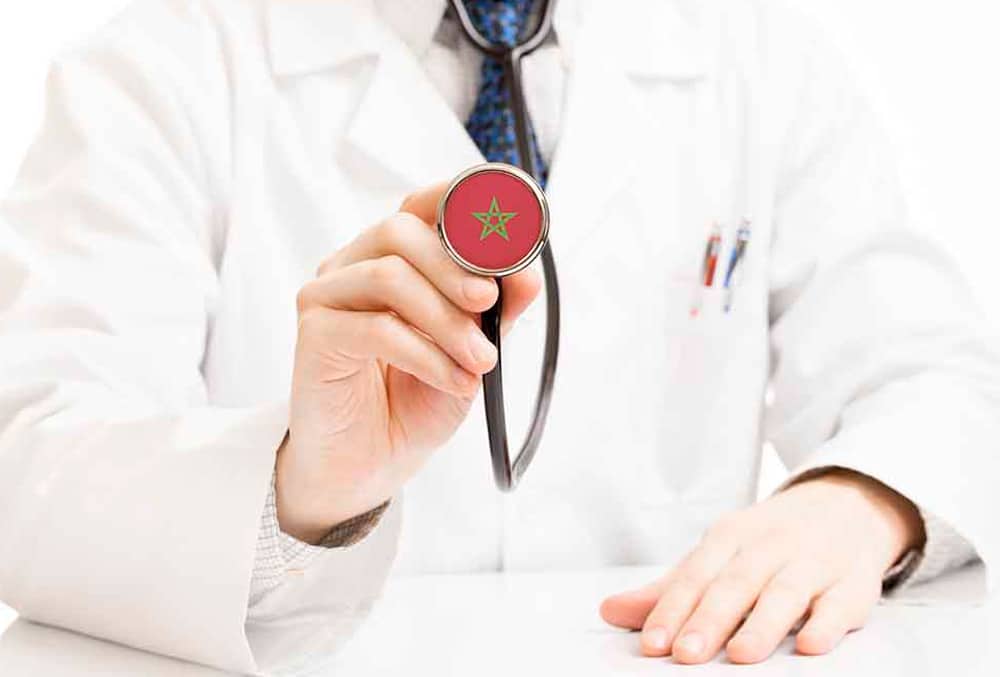Morocco is one of the African countries with the lowest health risks. And a good example is that the World Health Organization (WHO) does not suggest any vaccinations for travel to Morocco. But to make sure you come with more peace of mind, in the following lines we give you some advice related to health and medical care present in the country.

Vaccinations for travel to Morocco
No vaccinations are required to travel to Morocco as it is not a risk country. Not even for yellow fever: there is no requirement for prior vaccination by the local health authorities and no explicit recommendation from the WHO. However, if you wish to travel safely, some vaccines that may be recommended are as follows:
- Typhoid Fevers
- Hepatitis A
- Hepatitis B
- Tetanus-Diphtheria
Health care and health insurance in Morocco
Although this is a country with low health risks, medical treatments in the country can be expensive. You can find health centres and private clinics in every city. And if someone in your group becomes ill or has an accident requiring hospitalization, it is advisable to contact the embassy or a consulate.
On the other hand, most private clinics have agreements with the big insurance companies. Therefore, taking out travel insurance for Morocco can be a very interesting option to avoid possible headaches. In fact, we strongly recommend it to our visitors before they arrive. Such an insurance not only covers medical emergencies, including evacuation expenses, but also protection against loss of luggage, lost transport and trip cancellation, among other concepts.
Families wishing to take out travel insurance in Morocco will find joint policies. This is an interesting decision due to the high investment in the trip and the higher risk of illness of any person in the group. This could cause the trip to be cancelled and in the absence of insurance, all the money invested would be lost.
Travel to Morocco: health related tips
- Do not drink soft drinks from the street vendors, many of which do not have a water supply to wash and disinfect the glasses where the drinks are served
- Drink only bottled water, because tap water can upset your stomach
- Avoid ice: the source of the water is unknown, so it may not be drinkable or from the tap, with the consequent risk of stomach damage
- Avoid raw vegetables
- If you have to drink from a river, well or natural source, the best thing to do is to collect it in a bottle and add a water purification tablet
- In rocky or arid areas, watch out for scorpion stings and animal bites: this is very rare but always good to prevent.
What medicines should I bring?
If you are going to travel to Morocco, other tips to consider are those related to medicines and pharmacies. Carrying a small first aid kit with the basics is always recommended in case you have any setbacks during your stay. In it you can put some antibiotics and alcohol, as well as aspirins and antidiarrheals.
It is also advisable to bring sun protection and drugs for insect bites. In Morocco it is easy to find a pharmacy, but its price is generally high. In addition, they are usually called differently, as they come mostly from French laboratories, which can create some confusion.